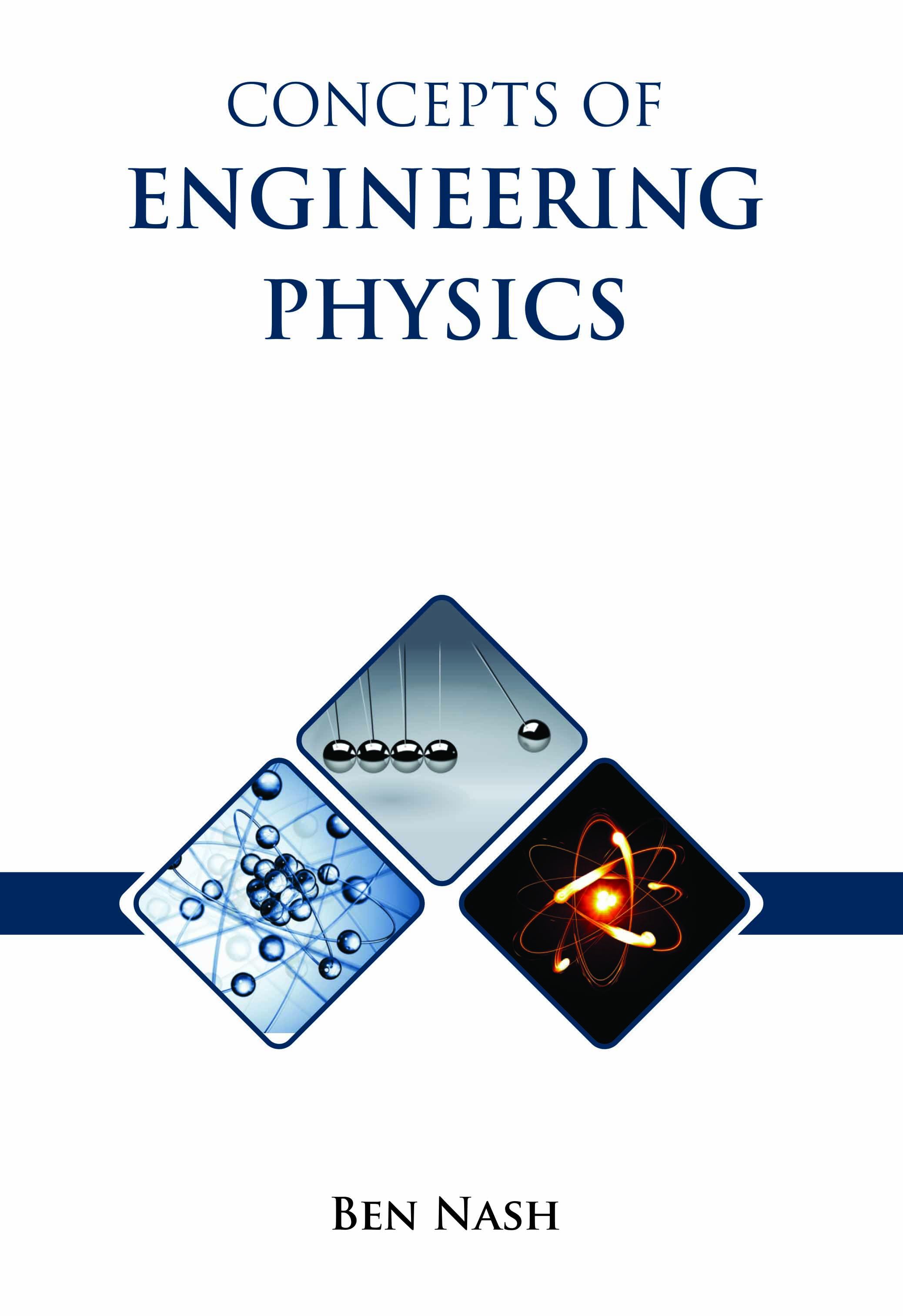
Concepts of Engineering Physics
by Ben NashÂ
| ISBN | 9781806249244 |
|---|---|
| Publisher | Digital Drive Learning |
| Copyright Year | 2026 |
| Price | $255.00 |

by Ben NashÂ
| ISBN | 9781806249244 |
|---|---|
| Publisher | Digital Drive Learning |
| Copyright Year | 2026 |
| Price | $255.00 |
The present book, Concepts of Engineering Physics, offers all engineering undergraduate students a wide range of widely acknowledged opinions, truths, and ideas that serve as a useful reference for academics, researchers, and professionals in related sectors. The study of physics, mathematics, and engineering, particularly computer, nuclear, electrical, electronic, materials, or mechanical engineering, is called engineering physics or engineering science. It looks for ways to apply, build, and develop novel engineering solutions while emphasizing the scientific method as a solid foundation. Degrees in engineering, physics or engineering science are prestigious academic awards in various nations. Due to the challenging academic curriculum's wide range of scientific subjects, it can be taught at the undergraduate level and is frequently created as an honors program at several colleges. The systematic study of physics focuses on how matter and energy interact in the natural world. It is a field of study that uses observation, logic, and reason to quantify reality. Physics is the study of examining the interactions between the building blocks of the cosmos and structure of matter. Physics derives from the Greek word physikos, the study of nature in all its manifestations, both on a macroscopic and microscopic scale. Its field of study includes the nature and genesis of gravitational, electromagnetic, and nuclear force fields and the behavior of things when subjected to specific forces. The ultimate goal is to create a few broad principles that unite and explain all of these different occurrences. In order to make the subject matter in this book appealing to the students, it has been introduced very transparently. Everywhere in the text, there are numerous illustrative examples of variation.